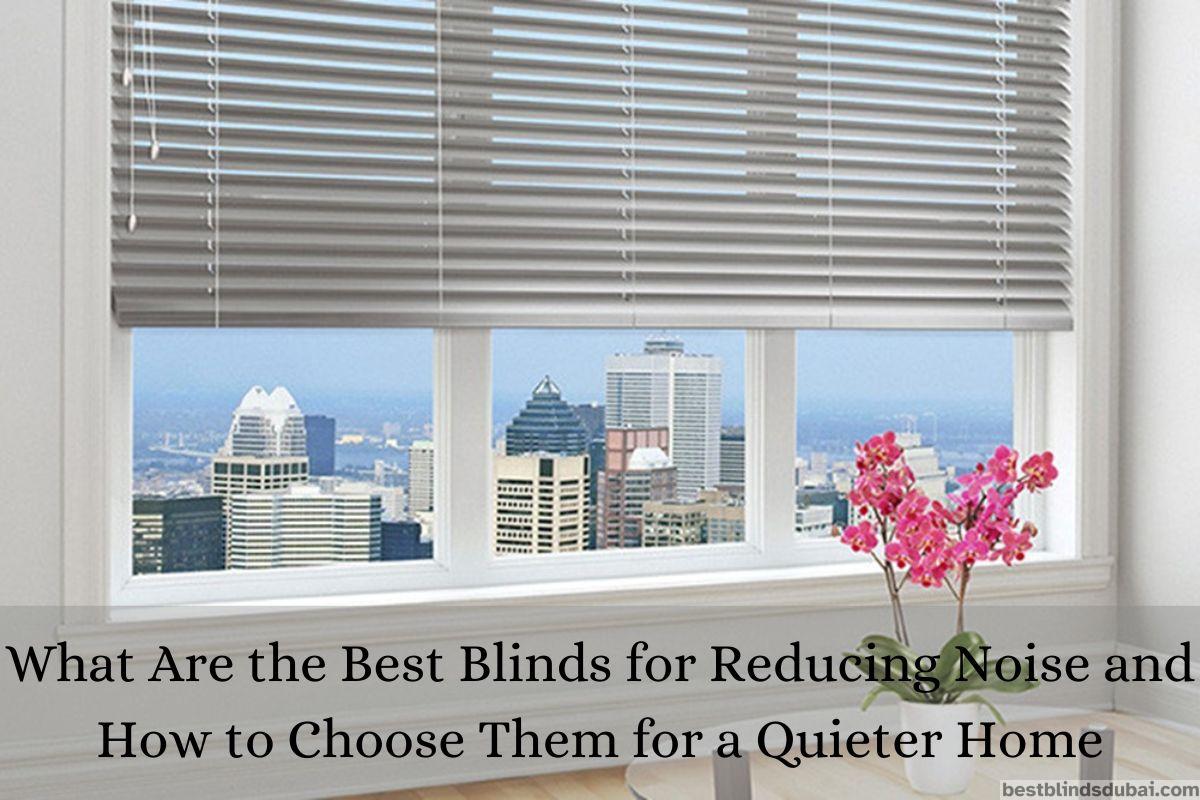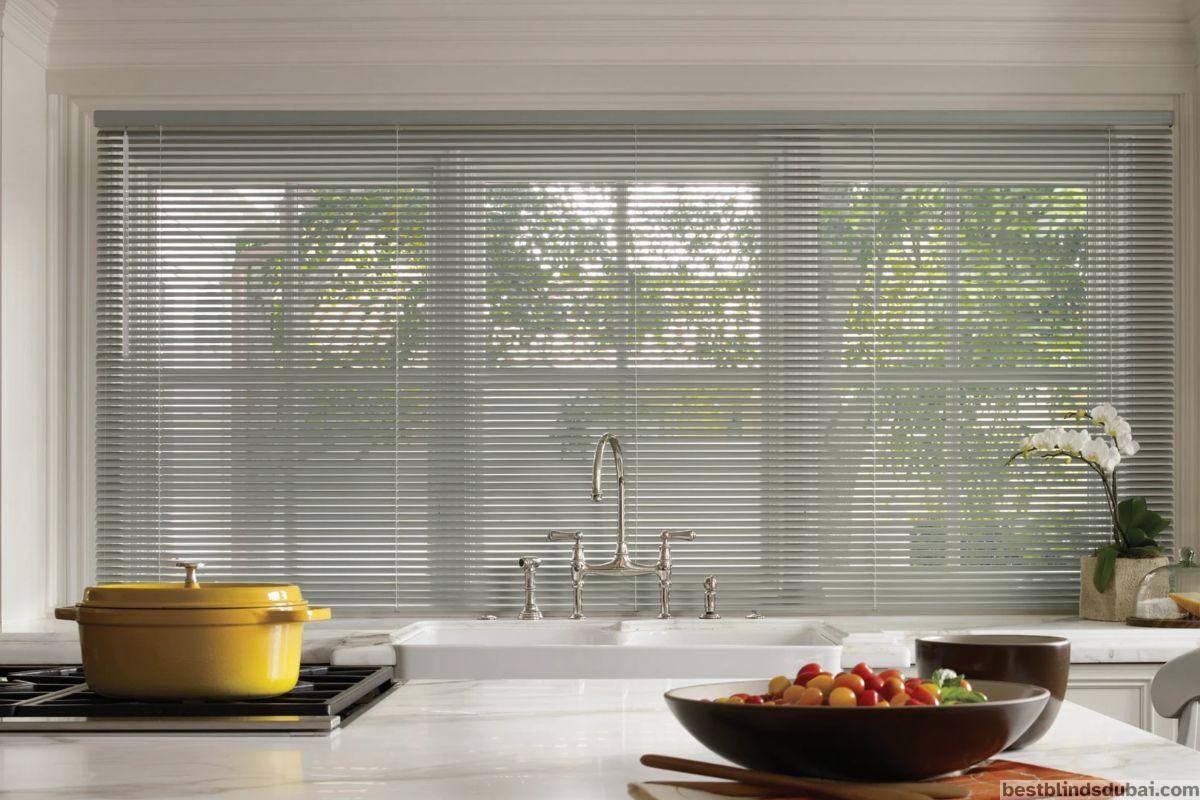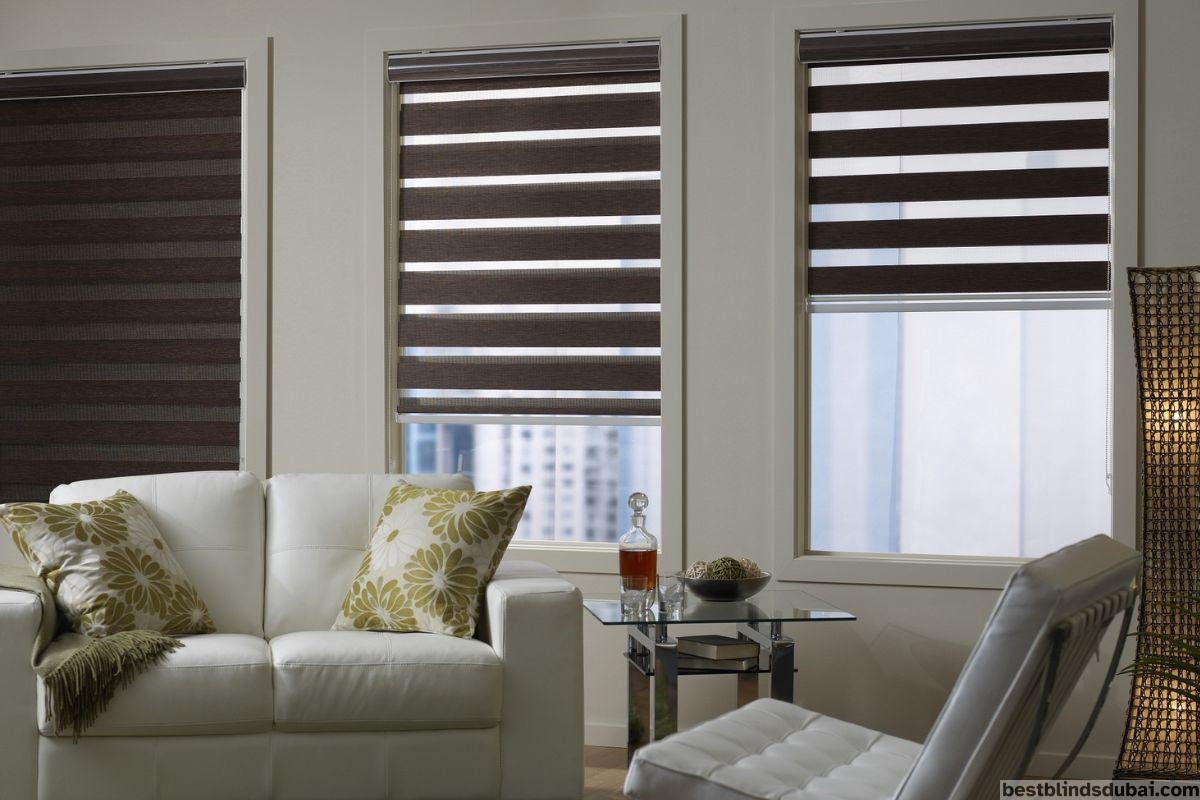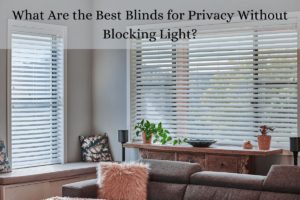In today’s noisy world, creating a peaceful and quiet home environment has become more important than ever. Whether you’re trying to block out traffic sounds, noisy neighbors, or the hum of everyday life, noise-reducing blinds offer a simple and effective solution. The right blinds can help absorb sound, insulate your windows, and create a more tranquil living space. But with so many options available, it can be challenging to choose the best blinds for noise reduction. In this guide, we’ll explore the top blinds designed to reduce noise, helping you select the perfect choice for your home.
Introduction: The Importance of Noise Reduction in the Home
In today’s fast-paced world, noise pollution can significantly impact our daily lives. Whether it’s the hum of traffic, noisy neighbors, or the general hustle and bustle outside, these disturbances can disrupt our peace, leading to stress, reduced focus, and poor sleep. Creating a quieter environment at home can promote relaxation, enhance productivity, and improve overall well-being. This is where noise-reducing blinds come in. By reducing external noise and creating a peaceful sanctuary, blinds can be an essential part of your home’s soundproofing solution, improving comfort in every room.
How Blinds Can Help with Noise Reduction
Blinds can play a significant role in minimizing the amount of noise entering or leaving a room. They act as a barrier between the outside environment and your home, with certain materials and designs offering enhanced soundproofing capabilities. The best noise-reducing blinds use thick, dense materials that absorb sound waves, reducing their intensity. By covering windows and sealing gaps, blinds prevent sound from seeping through the edges, making your living space quieter. While they won’t block all noise, the right blinds can reduce unwanted sound, making them an effective and affordable addition to any home.
Key Features of Noise-Reducing Blinds
To effectively reduce noise, blinds need specific features that contribute to soundproofing. Thickness and density are vital—heavier materials, such as foam-backed fabrics or thick linen, tend to absorb more sound. Material choice is another factor, as certain fabrics like velvet, wool, or polyester-based blends offer better noise reduction. Double layers or honeycomb designs are especially useful because their layered structure traps air, which acts as an insulator. Finally, ensuring a snug fit around windows is essential. Gaps or loose installations allow sound to penetrate, so choosing blinds that fit perfectly is key for optimal noise reduction.
Best Types of Blinds for Noise Reduction
Certain types of blinds are more effective at reducing noise. Cellular (honeycomb) blinds are among the best options, thanks to their air-trapping design, which enhances sound insulation. Roman blinds made from dense fabrics also help reduce noise, particularly when lined with thick materials. For a natural, rustic option, wooden blinds can absorb sound, though they’re less effective than fabric-based ones. Panel blinds, typically made with thick, woven fabrics, are great for larger windows and sliding doors, while roller blinds with specialized noise-reducing fabrics offer a sleek and simple option for soundproofing.
How to Choose the Right Noise-Reducing Blinds for Your Space
When selecting noise-reducing blinds, start by considering the room type. Bedrooms, for example, benefit from heavier, thicker fabrics that block sound during the night. If you work from home, home offices need quiet, so cellular or Roman blinds could be a great option. Window size and placement also matter—larger windows may require custom-made blinds for a better seal. Choose blinds that match your style preferences without compromising noise reduction. Finally, set a budget that aligns with the quality and functionality you need. Prioritize effectiveness, but also ensure the blinds complement your room’s aesthetics.
Other Ways to Reduce Noise with Blinds
Blinds alone may not provide complete soundproofing, but when combined with other solutions, they can significantly reduce noise. Layering blinds with heavy curtains or drapes is one of the most effective ways to enhance soundproofing, as the extra fabric absorbs more sound. Additionally, applying window sealants around the edges of your windows helps close gaps where sound can leak through. For maximum noise reduction, consider integrating acoustic panels or foam in your space. These add extra insulation to the walls and windows, ensuring that your home becomes a sanctuary of peace and quiet.
Maintenance Tips for Noise-Reducing Blinds
To ensure that your noise-reducing blinds continue to work effectively, regular maintenance is essential. Keep them clean by dusting or vacuuming them regularly to prevent dust buildup, which can affect their sound-dampening qualities. For fabric-based blinds, gentle washing or dry cleaning can help preserve their texture and thickness. Make sure to check for any loose fittings or gaps around the window frame, as these can reduce the noise-blocking efficiency of the blinds. If you have honeycomb blinds, be sure to check for tears or damage to the cells, as these can impact their performance in sound insulation.
Conclusion: Creating a Quieter, More Peaceful Home
Noise-reducing blinds are an excellent way to create a quieter, more peaceful home environment. By carefully selecting the right type of blinds based on material, design, and fit, you can significantly reduce unwanted sound from entering your space. Whether you opt for cellular blinds, Roman blinds, or layered window treatments, the key is to ensure a snug, thick barrier that blocks out noise. Combined with other soundproofing methods like window sealants or acoustic panels, noise-reducing blinds can turn your home into a sanctuary where peace and tranquility prevail.






